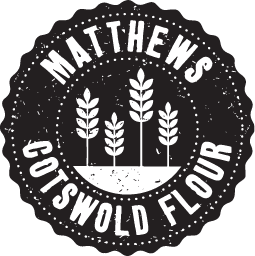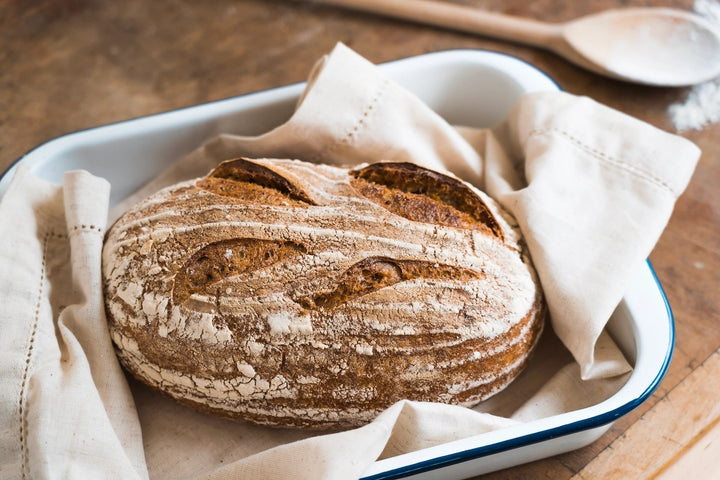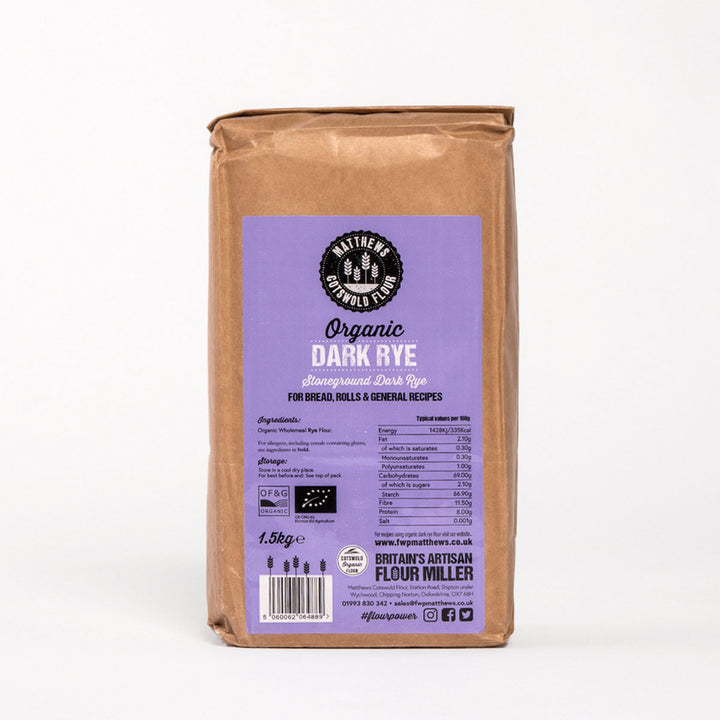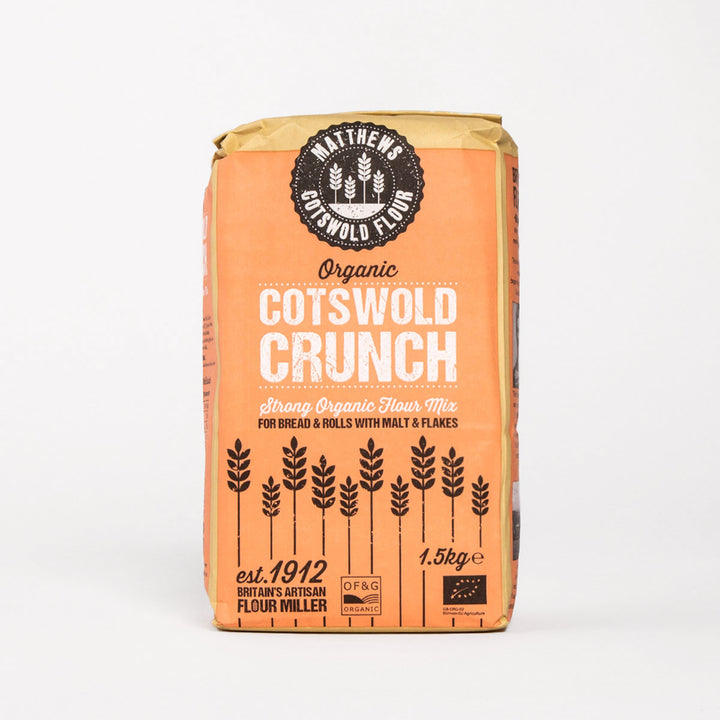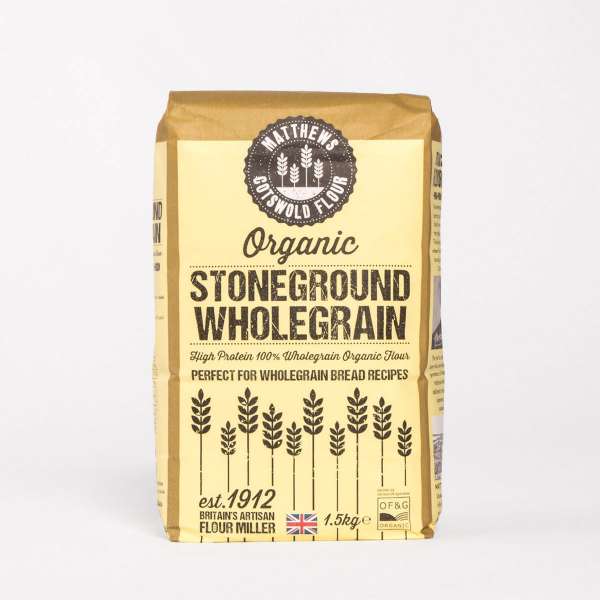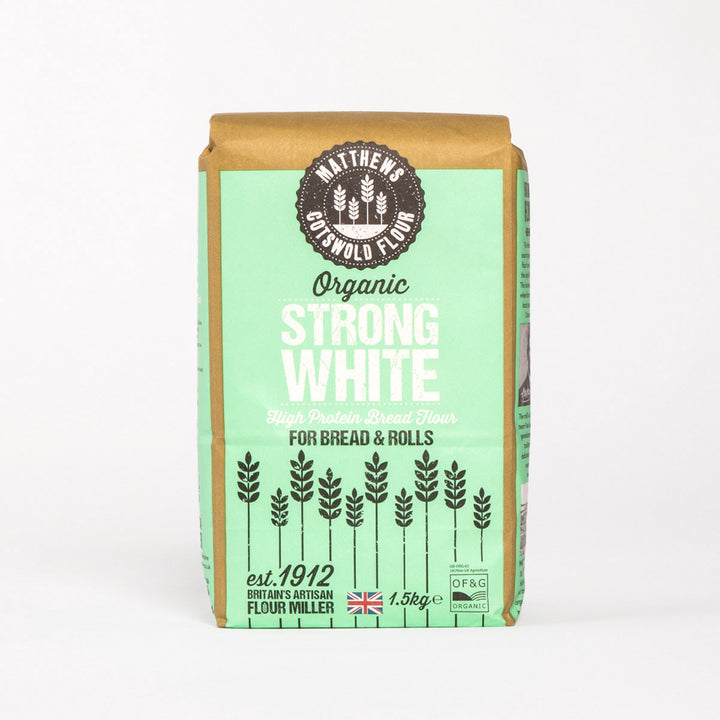The organic market has been growing steadily over the past decade. In recent years, organic flour options have become routinely available at grocery stores. What makes organic flour “organic”? The difference between organic and conventional flour can be significant. Is it worth the higher price tag?
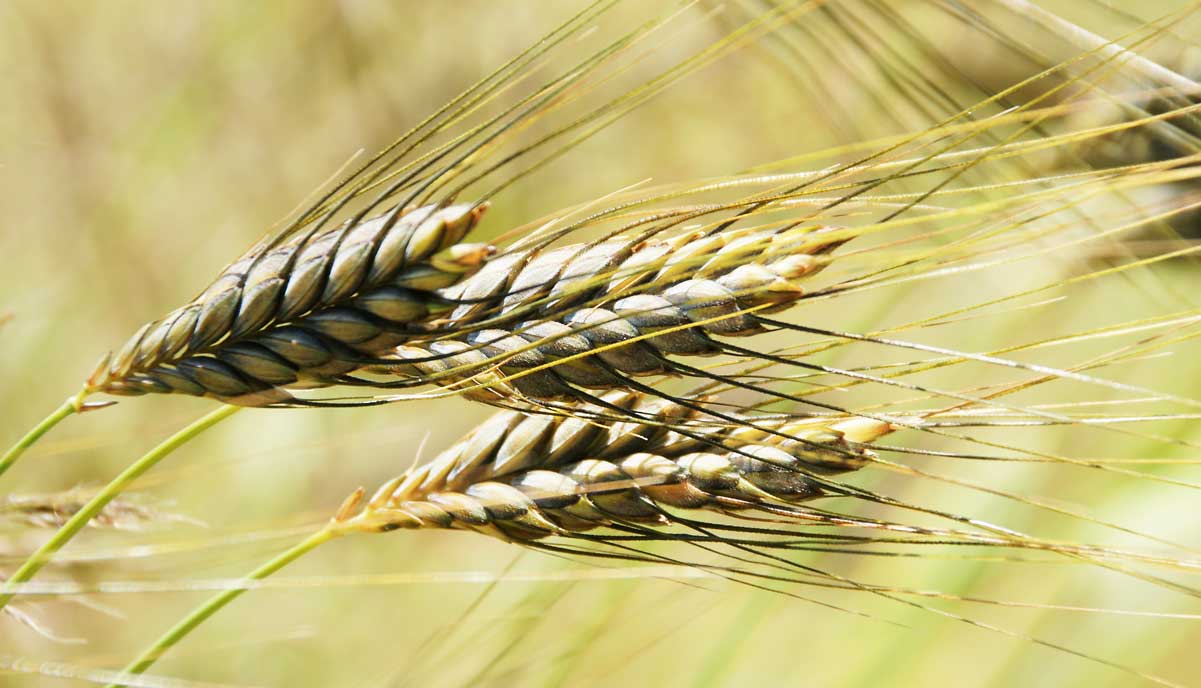
Making an impact
Organic flour has an impact beyond what you bake. Organic farming practices make a significant difference to the health of the environment. When you choose organic, you are choosing to support farming practices that nurture the long-term health of the soil and the planet. You are choosing to be a part of the solution.
Conventional vs. Organic Farming
Products which are labelled as “Organic” must meet strict requirements that govern the entire process from preparation of the soil right up until the product is packaged. Organic certification should always be done by a third party. While there are many different certifying organisations depending on the regional jurisdiction, they all generally follow the same principles. Organic products are typically more expensive due to the increased cost of production required by organic farming.
Conventional farming relies on synthetic pesticides and fertilizers which pollute and disrupt our food systems, and ultimately end up in our bodies. According to the Environmental Working Group, pesticide residues are commonly found in conventional agricultural products – yikes!
Conversely, organic farming has the most stringent standards for the types of inputs that are permitted. Choosing organic means you are choosing to keep synthetic pesticides, fertilizer, and other additives out of the land and water, not to mention your own body.
The soil that our food comes from is itself a living ecosystem. Healthy soil is full of microorganisms, minerals and micronutrients that support the health of the plant. Synthetic additives used in conventional farming, such as artificial fertilizers, can damage the natural makeup of the soil, depleting it of the structure that it needs to support healthy crops. This causes soil infertility, which threatens our very ability to feed ourselves and future generations.
Organic farming practices such as crop rotation, green manuring and composting maintain the delicate balance of this ecosystem and actually improve the health of the soil. A farm that maintains soil health works with, instead of against nature, so it can continue to produce crops indefinitely and sustainably. This also makes organic farms a haven for beneficial birds, bees, and butterflies, which all coexist and are supported happily within natural farming practices.
Changing the world from your kitchen
Some bakers swear that organic flour tastes better, but that might be up to your personal preference. More importantly, the buying decisions we make every day have a real impact on the environment. Choosing organic is a positive contribution to our collective future.
Baking at home with the finest ingredients means you can serve your creations with pride to your friends and family. Choosing organic means that you are committed to the highest standard of premium products for artisanal home baking. Using organic flour in your home baking is not only a measure of excellence and a commitment to quality, but also a statement about how you want the planet to be for future generations.
Visit our online flour shop for a wide selection of organic flours including organic strong white flour, organic light rye flour, and organic white spelt flour.
